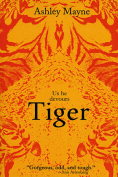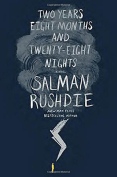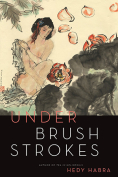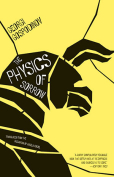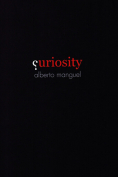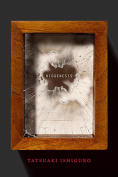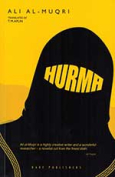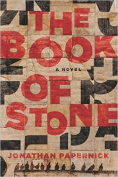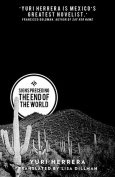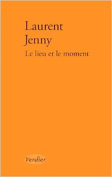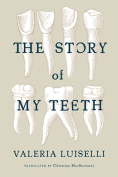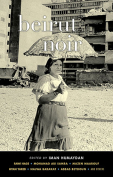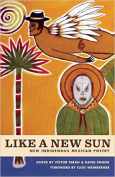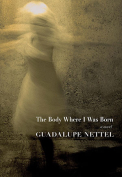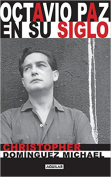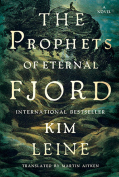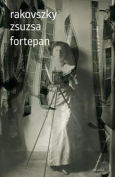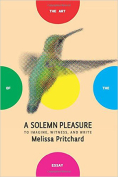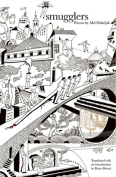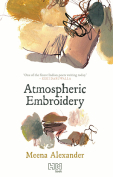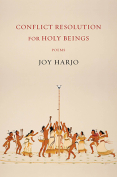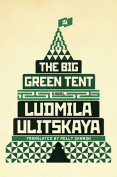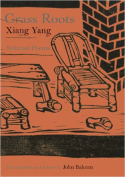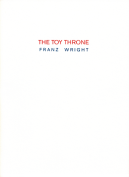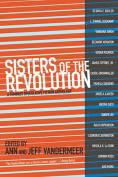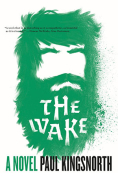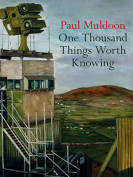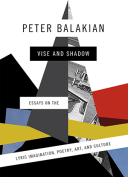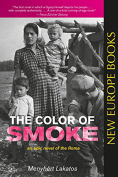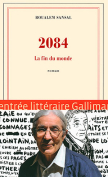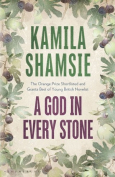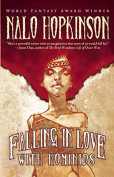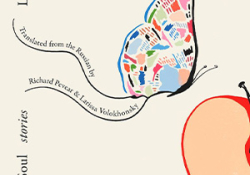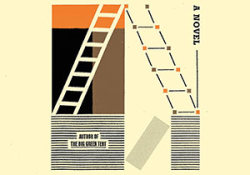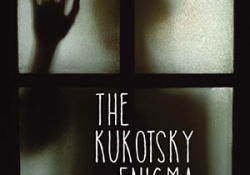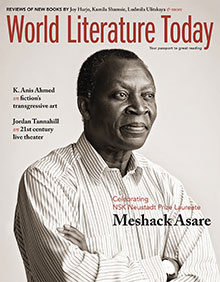The Big Green Tent by Ludmila Ulitskaya
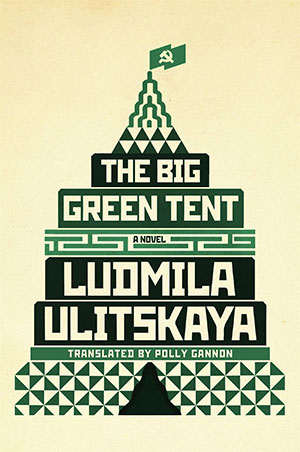 New York. Farrar, Straus & Giroux. 2015. 592 pages.
New York. Farrar, Straus & Giroux. 2015. 592 pages.
Ludmila Ulitskaya’s new novel offers an almost ethnographic portrait of Russia’s 1960s generation, who came of age during Khrushchev’s Thaw. The book, which opens amid the aftermath of Stalin’s death and closes with a reference to the death of an émigré poet modeled on Joseph Brodsky, tells the story of three boyhood friends whose lives are all constrained by the Soviet state. Ilya, who smuggles illegal literature and photographs political dissidents, avoids charges of social parasitism by nominally working as a research assistant. Mikha, an amateur poet and teacher, is fired from his job after he is caught with a text by the arrested author Iulii Daniel. Sanya, musically gifted but with a crippled hand, struggles to find a place for himself as a music theorist and wrestles with his sexuality.
The strongest section of the book by far is its first hundred pages, which describe the school days of Ulitskaya’s three main characters. Lyrically written and touching, these chapters show the transformative influence of a good teacher and introduce one of the novel’s central themes: the process of maturation that takes place, according to its own calendar, in individual lives.
Later sections of the book are less cohesive. Amid a sea of peripheral characters and references to well-known historical figures (Gorbanevskaya, Solzhenitsyn, Sakharov) and period details (the onionskin paper used to type illicit manuscripts, the homemade high-calorie cookies baked for political prisoners that were smuggled into labor camps in care packages), the stories of Ilya, Sanya, and Mikha stand out less effectively. Ulitskaya’s narrative fragments: key episodes appear out of order and sometimes from multiple perspectives, separated by expanses of pages or even chapters. Here, unfortunately, this technique seems distracting as opposed to illuminating: it makes it harder to follow changes in the three main characters’ situations, understand their motives, and empathize with them. As a result, Ilya, Mikha, and Sanya begin to seem less like fully articulated characters and more like stock illustrations of the difficult fate of the 1960s generation as a whole (arrest and internment, suicide, ruined careers, emigration).
Perhaps, in part, this is purposeful: in interviews given at the time of The Big Green Tent’s Russian release in 2010, Ulitskaya strikes an educational tone, stridently defending Soviet-era dissidents, who are increasingly marginalized and maligned in contemporary Russian historical memory, and defining her novel against the rising authoritarianism of the Putin state: “Given the weather outside,” she notes, referencing the traditional metaphor of a cold snap for a turn toward greater state control, “it isn’t a bad thing to remember the 1960s.” For all they may agree with this message, fans of Ulitskaya’s prose may wish that this educational mission dominated The Big Green Tent somewhat less. Polly Gannon’s translation is excellent and does a good job of capturing Ultiskaya’s lyrical prose.
Emily Johnson
University of Oklahoma
